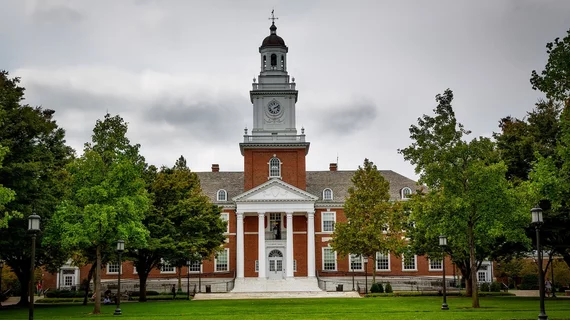Why does COVID-19 severely sicken some people and barely bother others who catch it? The C-suite at Johns Hopkins is hoping technology can help unravel this mystery.
“We have a data platform and we’re using AI and machine learning for COVID-19 data. We’re also trying to collaborate with others to get data in,” Paul Rothman, MD, dean of the medical faculty at the Baltimore university and CEO of its health system, tells The Media Line in a Q&A article filed by reporter Maya Margit.
Working through the variables that seem to contribute to the course the disease takes in any given individual—age, comorbidities, genetic predisposition, blood type “requires the analysis of big data and AI,” Rothman adds. “[T]hese will help better predict who will get very sick and who might benefit from different therapeutic interventions.”
Rothman reports that Hopkins Medicine has seen its telemedicine volumes skyrocket during the pandemic.
“We’ll have to rethink what our waiting rooms look like,” he says. “Do we need waiting rooms if a third or 25% of our activity is now telemedicine? Do we need as many exam rooms? Will we have to build new facilities for people to do telemedicine?”
He also takes questions on progress toward COVID treatments, the U.S.’s approach to battling the disease compared with that of other countries and AI as a potential game-changer in preparing for future public-health crises.
Read the whole thing:

